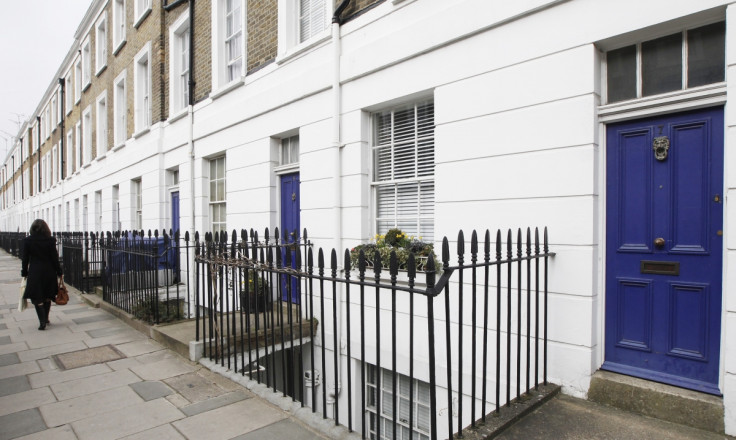'Bubble-Like Conditions' in London Housing Market

London's bloated housing market is showing "bubble-like conditions", according to a report.
The capital's house prices have soared amid strengthening demand and a limited supply. Mortgage approvals have lifted off the back of stimulus for home loans, such as the Help to Buy scheme, and an emerging recovery in the domestic economy.
Ernst and Young (EY), the consultancy giant, sounded the alarm over London's housing market, but dismissed the idea that it is the controversial Help to Buy scheme fuelling a bubble as a "red herring".
"The scheme has only a very limited impact on the capital and withdrawing it could risk choking off the recovery in housing transactions across the rest of the UK without solving any of London's issues," said Andrew Goodwin, senior economic advisor to the EY ITEM Club forecast report.
Instead the Bank of England's Financial Policy Committee (FPC), a banking sector watchdog, should impose a limit on income multiples, suggested Goodwin.
Lenders usually calculate the value of a mortgage using a multiple of a borrower's income. It is often a multiple of around four or five. For example, someone on £20,000 a year would probably be able to borrow a mortgage worth between £80,000 and £100,000.
In London the average income multiple of house prices was 11 – back at its pre-financial crisis level – compared with seven in the UK as a whole. This leaves mortgage borrowers in London leveraged with evermore debt.
EY said it expects London house prices to rise by 8.4% in 2014. Data from Land Registry shows that in 2013 London's average house price rose 11.5%.
London's house prices have risen every year since the financial crisis, whereas they were in decline elsewhere in the UK and have only just started to recovery.
By 2018, EY said the average house price in London will be £600,000.
Goodwin said while the situation is improving, the government must work to boost London's supply of new homes.
"The government should be doing more to resolve rigidities in the planning system, with a particular focus on ways to increase supply in and around the London area," he said.
"The government still owns a sizeable amount of brownfield land which could be sold off to house builders more quickly than it is currently. On a larger scale there is also a case for the government to use its own low borrowing costs to fund a programme of house building.
"Large public sector building programmes have been pursued in the past, but in recent years local authorities have built only a couple of thousand properties a year."
© Copyright IBTimes 2025. All rights reserved.






















